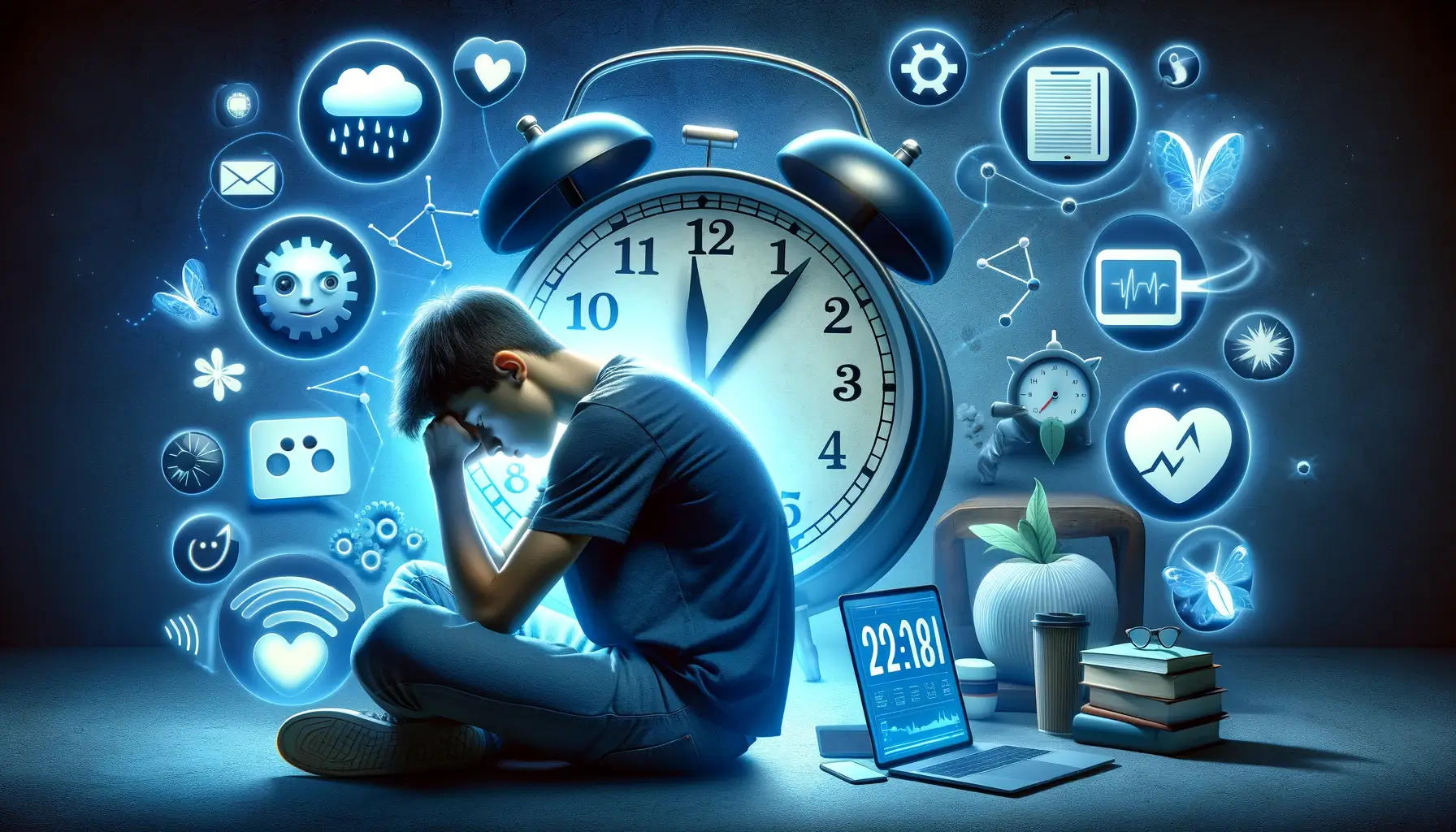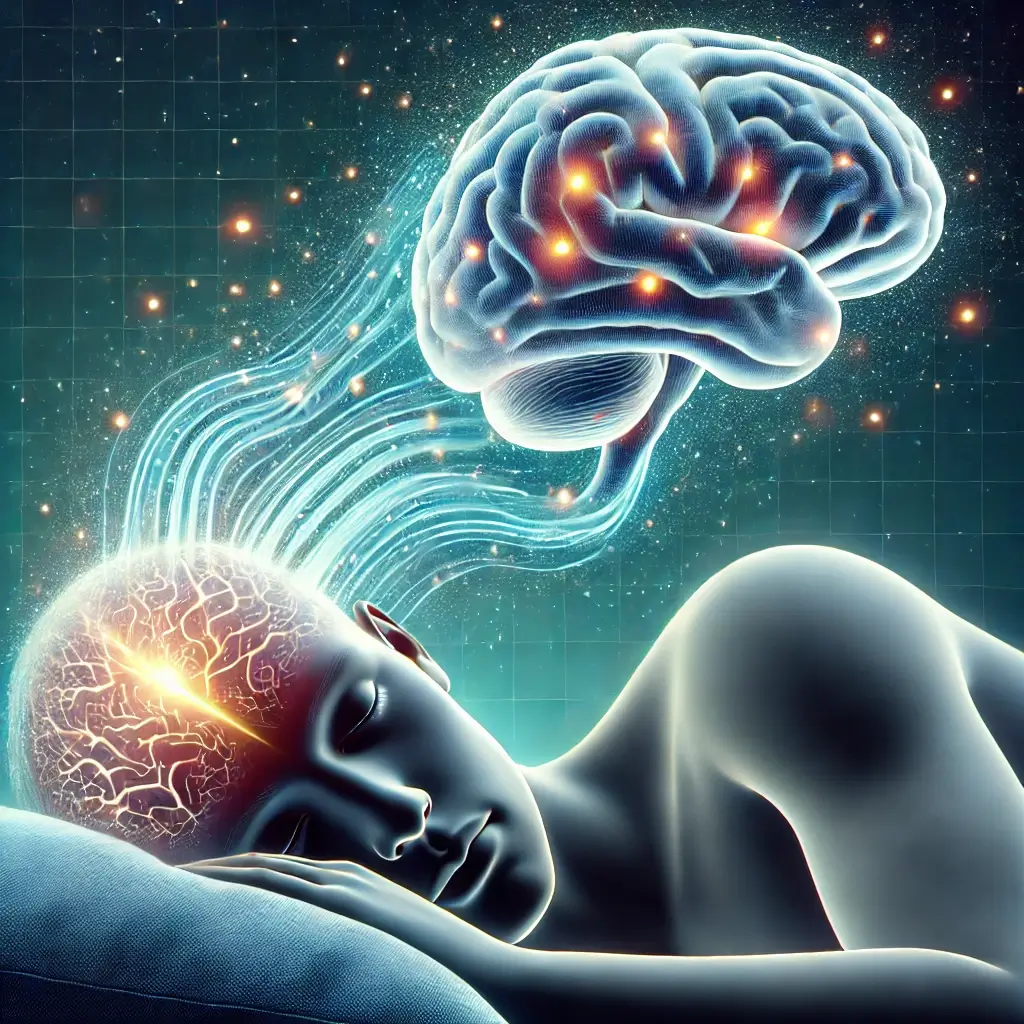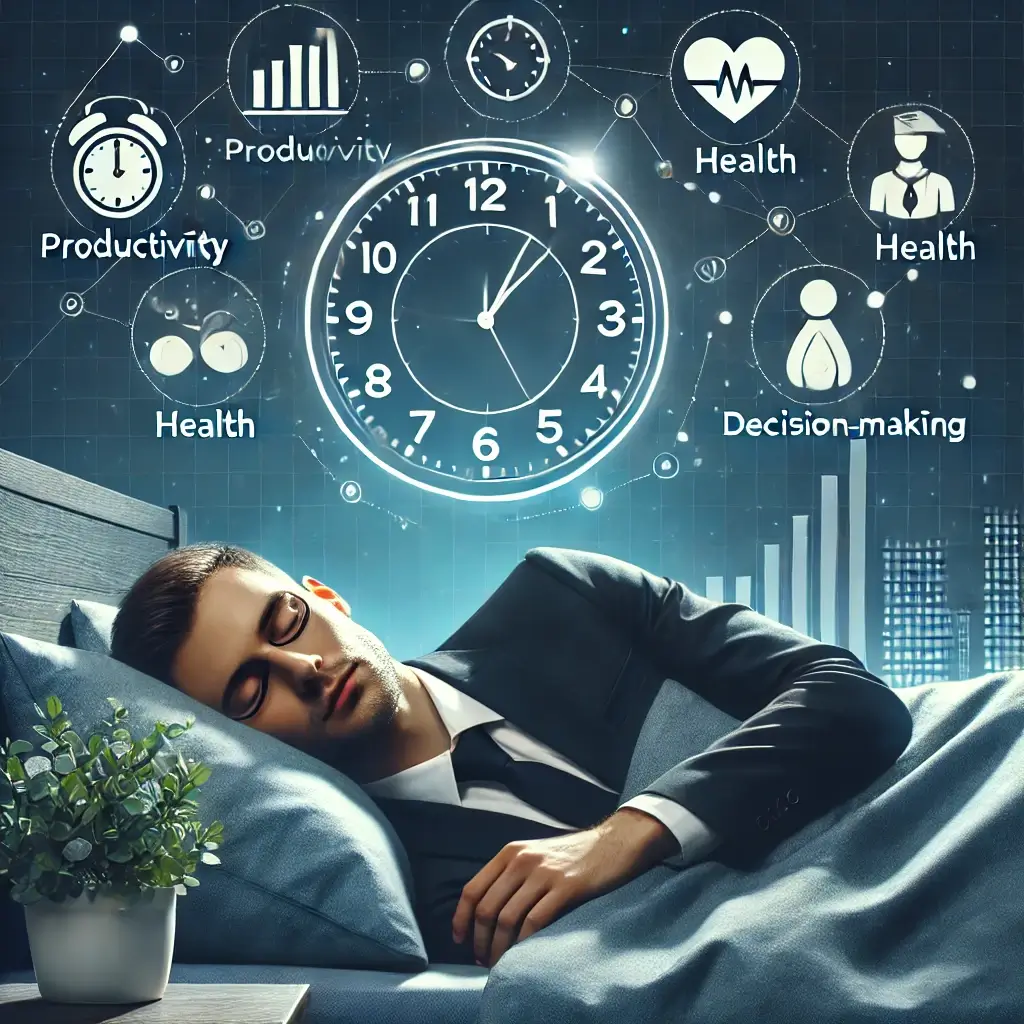Sleep Deprivation In Teenagers
Many parents complain about their teens’ moodiness, recklessness, and weekend sleeping habits, which a chronic lack of sleep could cause. Although teenagers require nine to ten hours of sleep per night to grow their brains, most do not get enough.
Sleep deprivation increases the likelihood that kids may have a variety of negative consequences, including difficulty concentrating, low grades, drowsy driving incidents, anxiety, sadness, and even suicidal thoughts.
However, research indicates that the primary cause is frequent severe lack of sleep.
According to a recent survey, nearly half of all teenagers have suffered mental illness. Some believe that teenagers are simply experiencing a natural, brief period of emotional instability. However, research indicates that the primary cause is frequent severe lack of sleep.
As we progress farther into the digital age, it’s clear why getting adequate sleep has become difficult for teenagers. Most teenagers are in danger of not getting enough sleep due to various circumstances, including technological pressures and hormonal changes throughout puberty.
One major issue is that teen bedtimes drift later, while school or work schedules push their waking times back. This is partially related to a shift in circadian rhythms during puberty. Circadian rhythms are the body’s natural clock, signaling the brain when it’s time to sleep and wake. However, as teenagers grow through puberty, these signals gradually fade.
Difficult for many teenagers to acquire the eight hours of sleep they require each night.
This later sleep-wake cycle makes it difficult for many teenagers to acquire the eight hours of sleep they require each night, perhaps leading to sadness. In turn, depression can make it difficult to fall or stay asleep, resulting in a vicious cycle. Studies have found that extreme sleep deprivation is associated with suicide ideation.
Aside from psychological and emotional troubles, a lack of sleep can lead to physical problems such as an inability to manage emotions. In a lab study, researchers discovered that participants who had missed a night of sleep reacted more emotionally to pressures than those who had slept well.
Discovered that when teenagers are tired, they have slower reaction times.
The most concerning effect of a lack of sleep on teenagers is the possibility of sleepy driving, which results in car accidents, injuries, and deaths. A study of high school students in Tennessee discovered that when teenagers are tired, they have slower reaction times and may forget to check their mirrors before changing lanes or slowing down to watch for pedestrians.
As a parent, you must teach your teen the value of adequate sleep. Encourage them to establish a regular sleep schedule, and consider having them take a risk-free sleep disorder test online from home. This will help children be correctly diagnosed and treated, increasing their chances of a healthier future.













